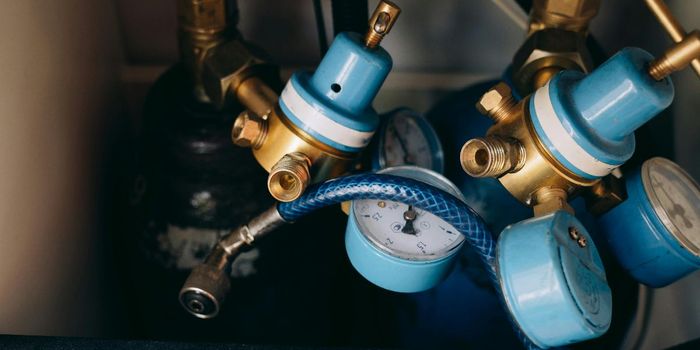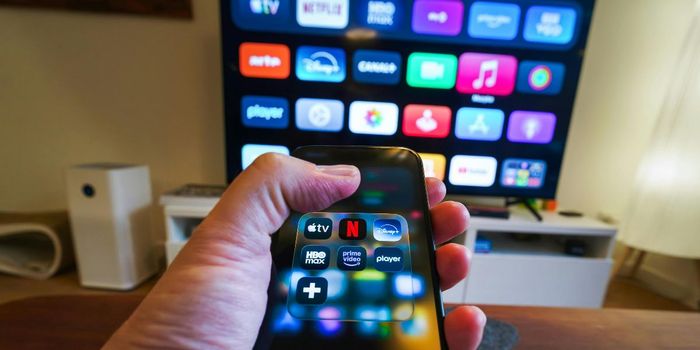How VR Can Help Those With Memory Loss
Virtual reality (VR) headsets are very popular with gamers. Being immersed in a different world and being able to interact with that world, even just in a simulated way, takes the video game experience well beyond a console and a monitor. VR has other applications as well, however. There are programs for stroke patients that help them recover motion skills through repeated exercises within a VR game. There has also been some research into the use of VR environments for patients suffering from paranoia. If these patients can practice navigating through a virtual environment, they can overcome the fear and anxiety caused by some real-life situations.
Research currently being carried out at UCLA, however, hopes to show how VR can be used to help patients who have suffered memory loss. It's crucial to know how memories are formed in the brain if scientists are to develop ways to treat patients who have experienced memory loss as a result of injury or disease. Nanthia Suthana, an assistant professor of neurosurgery and psychiatry at the David Geffen School of Medicine at UCLA is investigating how VR environments could reveal information about memory processing.
Suthana explained, "Without our memories, each of us would be lost in time and cut off from other people. At UCLA, we are the first to blend virtual reality with a surgically implanted prosthesis to reveal what happens inside the brain when we create memories." The goal for her team at UCLA is to understand how the memories are created when a person moves through an environment so that tools can be developed to aid patients with memory loss in re-acquiring the ability to learn and remember what happens in their environment.
The work for the team of engineers, neuroscientists, and physicists began in 2015. A surgically implanted neuro-prosthesis, formerly used for monitoring seizure activity in epilepsy patients was re-purposed to record electrical activity in the brain during movement and learning. Patients were then fitted with VR equipment and asked to navigate around a virtual environment. Correlating the electrical activity in the brain, with their movements is a first in VR research as well as in memory formation studies.
In the study, patients were shown a route to follow, with lights on the VR headset showing them wear to go. Electrical activity during the learning part of the study was recorded. Study participants, who were patients that had memory loss, were eventually asked to remember the route, to the best of their ability. When the lights guiding the way were turned off, and patients were attempting to follow the route they had been taught, the electrical signals were also recorded. Study participants also wore specially equipped bodysuits with reflective spots so that movements of the arms, legs, hands, feet, and head could be tracked as well.
All of this data, from the deep brain waves to how the study volunteers moved through the VR world and their performance in remembering the environment, was collected and analyzed by the team. The data provides a start to finish picture of the environment, the brain activity while navigating it and the precise movements of the patients while experiencing the VR setting.
The studies conducted at Suthana's lab are the first to show such a complete picture of the process of daily memories, that, while seemingly trivial, are vital to being able to live independently and they are all related to visual cues and the formation of memories in the brain. Suthana stated, "All of our daily memories are visually linked to space — the setting in which they are created. When you forget where you left your keys or parked your car, you automatically try to visualize where and when you last saw them. The same principle holds true for complex tasks, like navigating a grocery store or learning your way around a new city." Mashable produced a video, shown below, of how the team of scientists at UCLA is using VR as the next tool in neuroscience research, take a look
Sources: UCLA, IEEE.org, Oxford University, Microsoft









